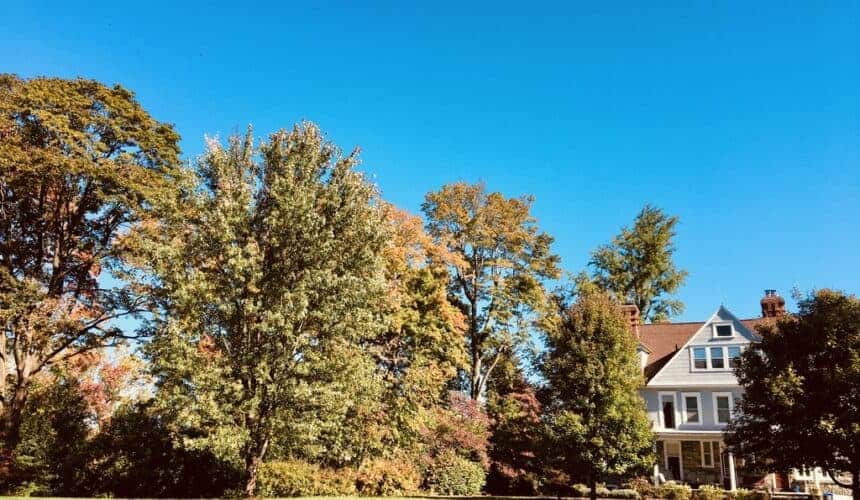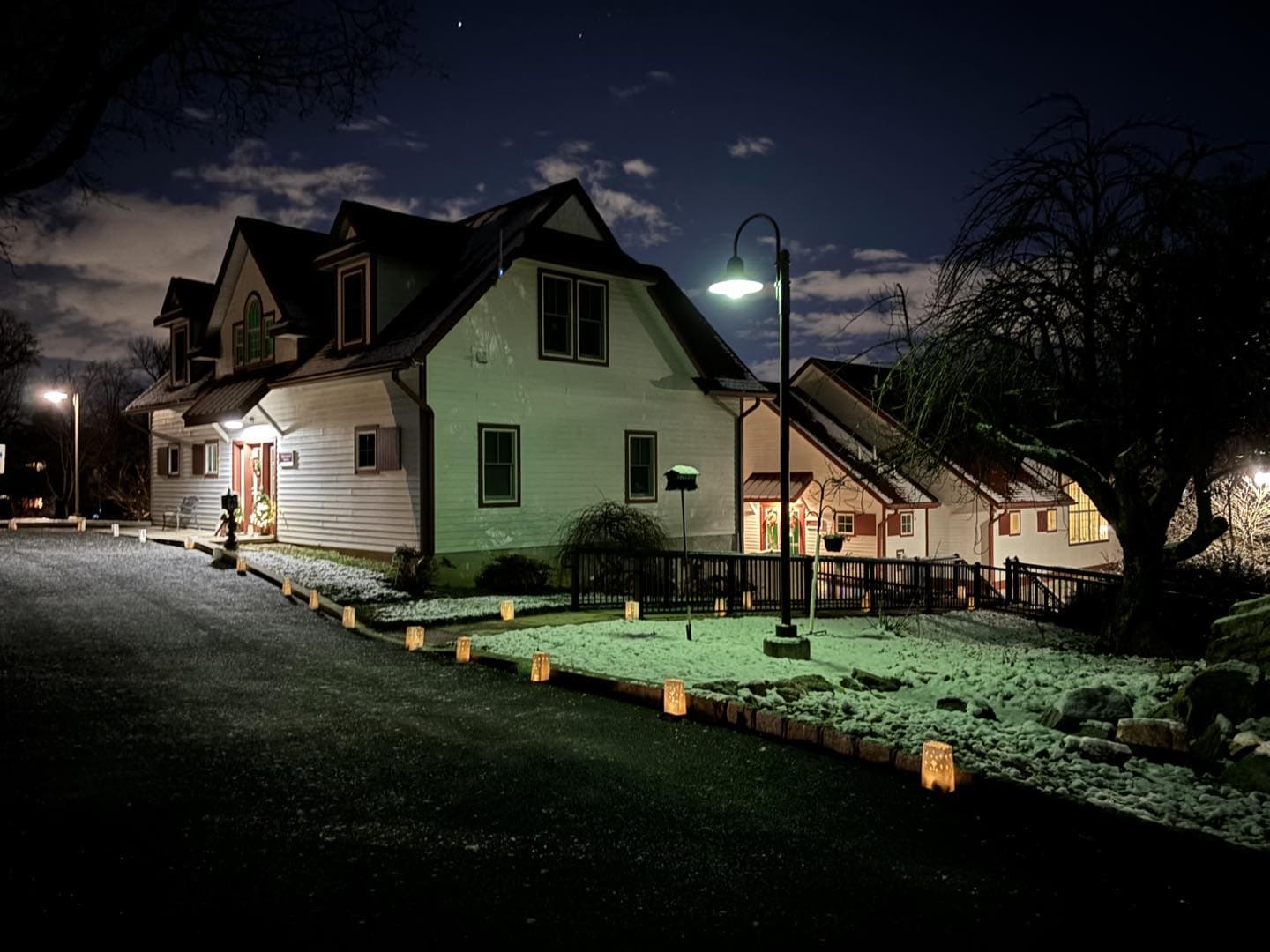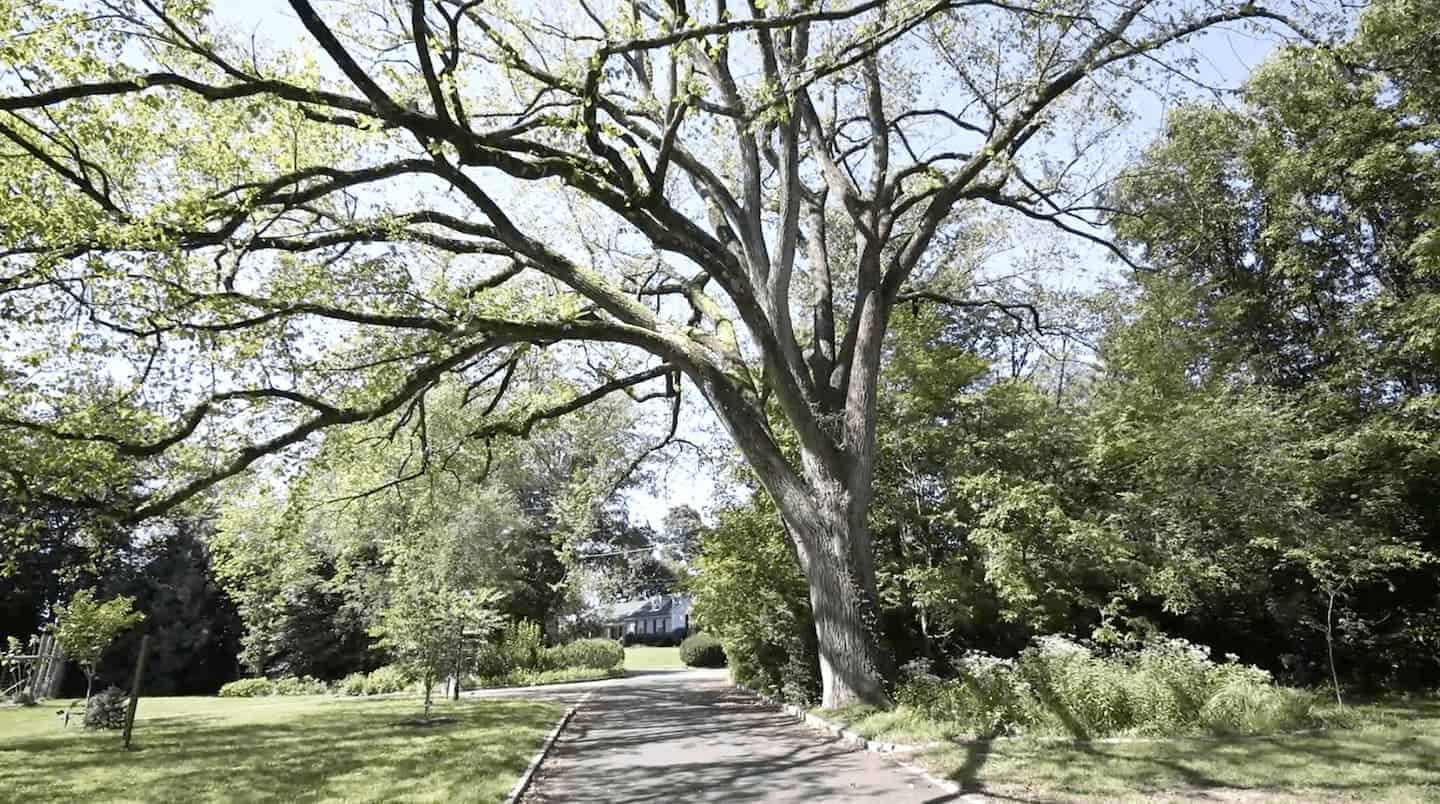Dear Friends,
When I am at Cranaleith, I find my breath deepens, my mind quiets. Walking from my car to the office, I turn to the left so that I can reach for the soft blossoms of the wisteria spilling across the driveway. Seated at my desk, I watch the rain sliding across my window. Bernadette (Director of Programming) lets us know that the men and women of CATCH will not be working in the garden this morning. It feels as if I completely disappear into this space, into these words, into this moment. The peace of this place opens a calm space within me.
I am listening to an interview with Dacher Keltner, professor of psychology at the University of California and author of a new book, Awe: The New Science of Everyday Wonder and How It Can Transform Your Life. He describes how part of the research process he and his colleagues used to develop a greater understanding of wonder included immersing themselves in the writings of mystics about their encounters with the Divine. He stresses that awe is “the feeling of being in the presence of something
vast that transcends your current understanding of the world … [a] relation to the vast mysteries of life.”
I recently had a conversation with the director of the Racial Healing Initative (RHI), a national program Cranaleith is preparing to partner with in working toward untying the spiritual knots of racism. She shared with me the indigenous ways of her grandmother and her experiences of the land of her ancestors. Then, she invited me to share my story. My long-distant, childhood past felt invisible to me, but when she asked, I suddenly remembered. I am from Kansas, and when I was a little girl, I sat on the back porch and watched, amazed, as the towering, anvil-shaped cloud of a thunderstorm billowed up miles above the horizon, a castle of air–bruised black, enormous, flashing with shining patches of white and yellow. If you have never experienced it, you may not know that the prairie sky feels huge. It sweeps across the entirety of the landscape–dwarfing the trees, the houses, streets, the bright green fields. No matter where you are–even when you are sitting inside –, you sense the enormity of that sky. You know:I am small.
I listen as Keltner describes that within the writings of the mystic Julian of Norwich (born 1343), she writes “I am nothing” fourteen times. I am nothing. Keltner stresses that there is scientific evidence supporting the conclusion that when we experience awe, we open to a dissolution of the self–which opens us to transformation, to connection, to more.
Julian of Norwich shares that “the love of God creates in us such a oneing that when it is truly seen, no person can separate themselves from another person.” At Cranaleith, we listen, read, watch, notice and remember. The awe in the “oneing” of our time is now. Be amazed.
In Mercy,
Dawn L. Hayward, Ph.D.
Executive Director




